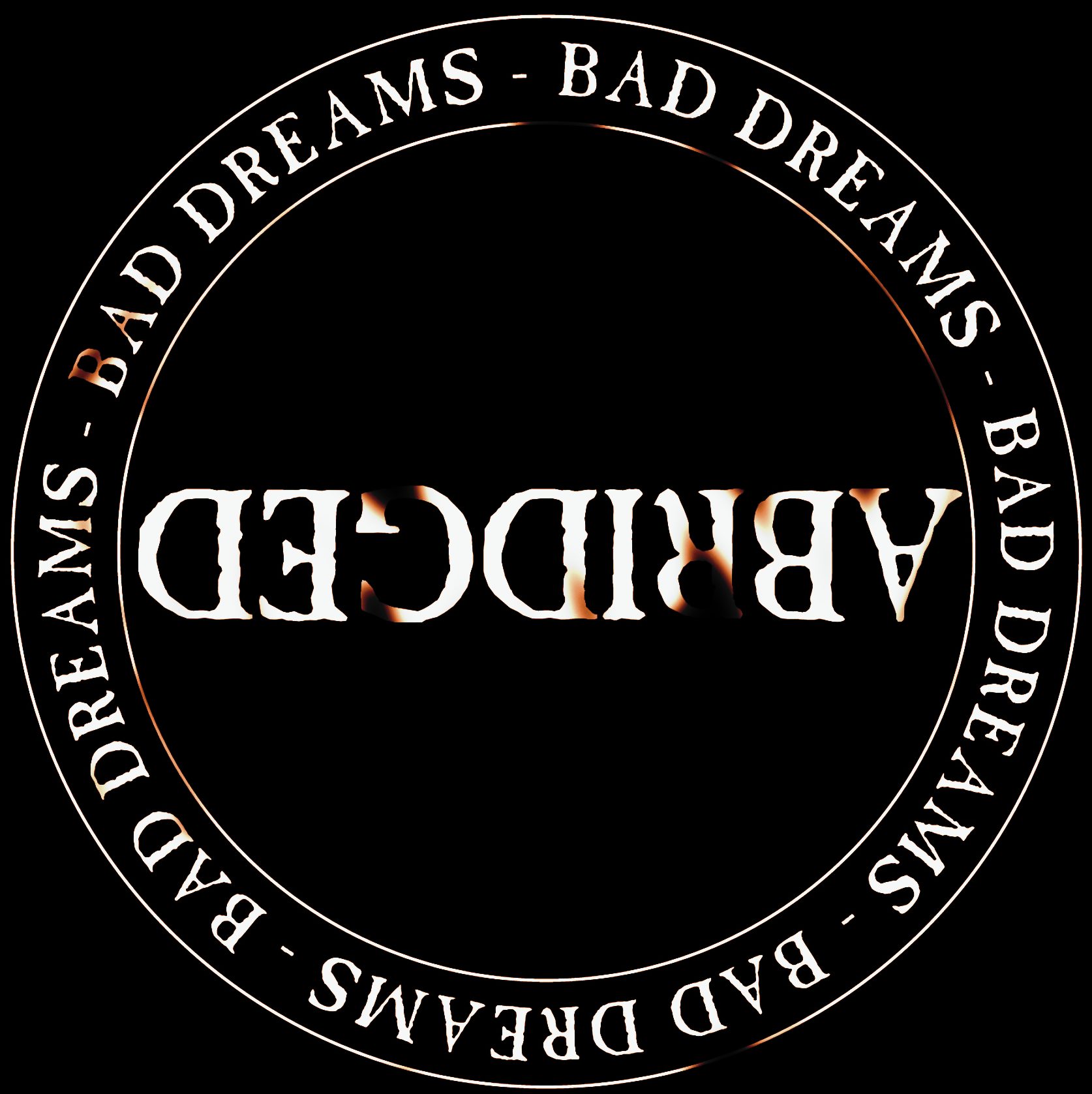Old ideas, long thought dead, revived and revitalised but as corrupt as ever. An eruption of the realm of the dead into that of the living, of past into present, lost into here, a ghost is always a transgression of the separations we live by, the architecture that makes us feel secure. Ghosts are the personification of haunting. Haunting is a corruption of the linear, of any straight line of progress or assurance. Not quite a circling, a ghost is a fold in our map, something we might trip over, something full of shadows. Populists and snake-oil sellers turned necromancers with nothing new to offer but the old and the worn out. We love our Ghosts.
‘Ghost’ itself is haunted with the old and troubled distinctions between psyche and body, mind and matter, ‘spirit’ and material world. ‘Ghost’ returns us to the impossible question of what it means to be alive, the existential (and ethical) curtain between animate and inanimate, subject and object, and, by extension, ‘I’ and other, individual and community, self and swarm, dancer and dance. We are afraid we don’t know how to answer, and the walls of our logic are never quite sound-proof. From the other side something we can’t see is always moaning.
What part of the living continues on as ‘ghost’ (‘real’ or imaginary) and does that mean it was there all along? If the ghost is ‘in the machine’, does it control the levers of the body or does the body generate the ghost? Did Frankenstein’s monster have a ghost to leave behind, or was he already a ghost made flesh? Could A.I.s eventually have something we will be willing to call ‘ghosts’? If a zombie is undead, what’s happened to its ghost? And is this what we are most afraid of? How much of our ‘self’ is actually everything that haunts us? We are afraid of dissolution as the ‘other’ approaches and increases and so we dissolve ourselves in old fears, tropes and clichés.
Perhaps at their most uncanny, ghosts aren’t singular and distinct apparitions, things we can look directly at, but environments: the habitats, conversations, languages, communities, traditions, rituals that we move in and that move us, that we breathe and exhale, that give us meaning and that we keep alive. Traditionally, ghosts may be patterns of the past lingering in our future, footprints we retrace, refill, reread. And that’s why we sell ourselves to the nostalgists.
‘I hear the roar of a big machine. Two worlds and in between. I hear empire down. We don’t doubt, we don’t take reflection. … dance the ghost with me.’ (Andrew Eldritch)
Abridged is looking for poetry and/or art from Irish poets/artists or poets/artists based on the island of Ireland that explores how the past is always with us no mater how we try to escape it, both in a society and personal context. You can send up to three poems (on MS Word or similar) or three pieces of art (at 300dpi or above) to abridged@ymail.com. Please also send a short bio. Please don’t send us blank emails with just an attachment as they may end up in the Spam folder and we may not see them. The deadline for submissions is 10th September 2022. Image by Sarah Ellen Lundy.


